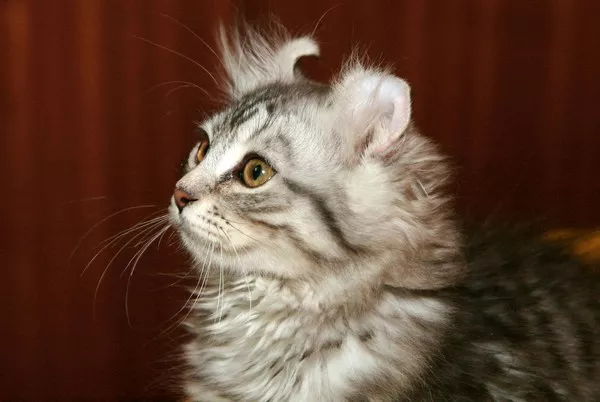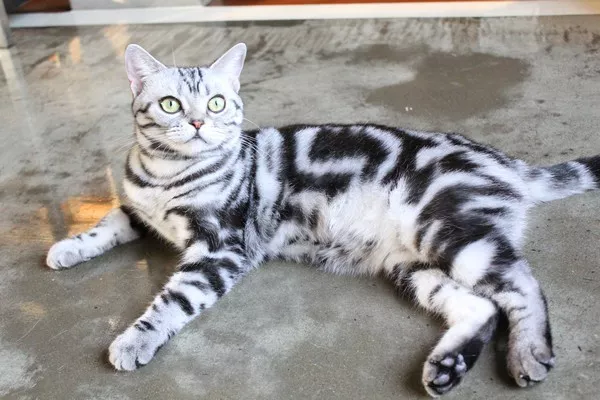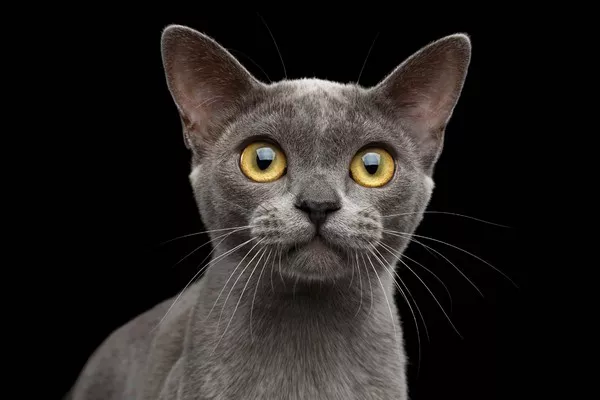The American Curl cat breed, known for its distinctive curled ears and elegant appearance, requires careful attention to various aspects of its well-being, including its weight. Maintaining an optimal weight is crucial for ensuring the overall health and longevity of these feline companions. In this article, we will delve into the factors that influence the weight of male American Curl cats and provide guidance on how to achieve and sustain a healthy weight for these unique and charming felines.
Understanding the Ideal Weight:
The ideal weight for a male American Curl cat can vary based on factors such as age, genetics, and individual differences. However, as a general guideline, most adult male American Curls typically weigh between 7 to 15 pounds. It’s important to note that deviations from this range can indicate potential health issues, so regular monitoring and adjustments to their diet may be necessary.
Factors Influencing Weight:
Age:
The age of a male American Curl is a significant factor in determining its ideal weight. Kittens will naturally weigh less than adult cats, and their weight will gradually increase as they mature. Understanding the different nutritional needs at various life stages is essential for maintaining proper weight and overall health.
Genetics:
Genetics play a vital role in the weight and body structure of American Curls. Some cats may have a predisposition to being larger or smaller based on their genetic makeup. Responsible breeding practices can help mitigate potential health issues related to genetics, but owners should be aware of their cat’s individual characteristics.
Activity Level:
The activity level of a male American Curl can influence its weight. Cats that are more active tend to burn more calories and may require a higher calorie intake to maintain a healthy weight. Providing engaging toys and encouraging playtime can contribute to a more active lifestyle.
Health Status:
Health conditions can impact a cat’s weight. Conditions such as thyroid disorders, diabetes, or digestive issues may cause weight fluctuations. Regular veterinary check-ups are crucial for identifying and addressing any health concerns promptly.
Maintaining a Healthy Weight:
Balanced Diet:
Offering a well-balanced and nutritionally complete diet is fundamental to managing a healthy weight. High-quality cat food, appropriate for the cat’s age and health status, should be provided in measured portions. Consultation with a veterinarian can help determine the most suitable diet for individual cats.
Portion Control:
Controlling portion sizes is key to preventing overeating and weight gain. Feeding guidelines provided on cat food packaging are useful, but adjustments may be necessary based on the cat’s metabolism, activity level, and overall health.
Regular Exercise:
Incorporating regular play and exercise into a cat’s routine helps burn calories and maintain muscle tone. Interactive toys and activities that stimulate both the body and mind contribute to a healthy lifestyle.
Monitoring Body Condition:
Regularly assessing a cat’s body condition is crucial for recognizing weight changes. A cat at a healthy weight should have a well-proportioned body with a visible waist when viewed from above. If unsure, consulting with a veterinarian for guidance on body condition scoring can be helpful.
Additional Considerations:
Hydration:
Adequate hydration is essential for overall health, including weight management. Ensure that your American Curl has access to fresh, clean water at all times. Wet cat food can also contribute to hydration, and its moisture content may be beneficial, especially for cats that may not drink enough water.
Weight Loss and Gain:
Just as overweight cats need careful attention to achieve weight loss, underweight cats require a different approach. If a male American Curl is underweight, consult with a veterinarian to rule out any underlying health issues. Adjusting the diet to include higher-calorie options may be necessary, and frequent monitoring will help track progress.
Consulting with a Veterinarian:
Regular veterinary check-ups are integral to a cat’s well-being. A veterinarian can provide personalized advice based on your cat’s specific needs, health history, and any potential risk factors. These professionals can also help establish an appropriate feeding and exercise routine tailored to your American Curl’s unique characteristics.
Avoiding Fad Diets:
It’s crucial to steer clear of fad diets or extreme measures to achieve weight management. Rapid weight loss or gain can have adverse effects on a cat’s health. A gradual and steady approach is generally safer and more sustainable.
Weight-Related Health Issues:
Cats that are consistently over or underweight may be at a higher risk for various health issues. Obesity can contribute to conditions such as diabetes, arthritis, and heart disease, while underweight cats may be more susceptible to infections and nutrient deficiencies. Managing weight effectively can help prevent these health concerns.
Conclusion:
Maintaining an optimal weight for male American Curl cats is a multifaceted task that requires attention to various factors, including age, genetics, activity level, and health status. By understanding these factors and implementing a balanced diet, portion control, regular exercise, and vigilant monitoring, cat owners can contribute to the overall well-being and longevity of their beloved American Curl companions. Always consult with a veterinarian for personalized advice and guidance tailored to the specific needs of individual cats.



























